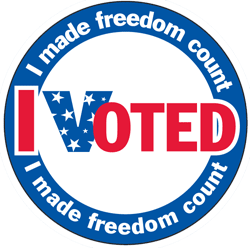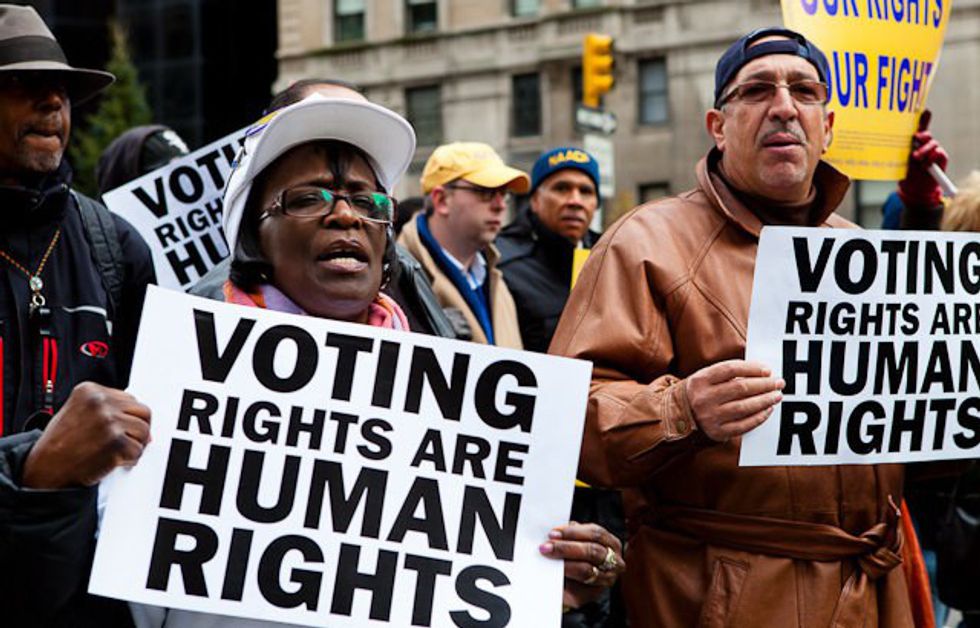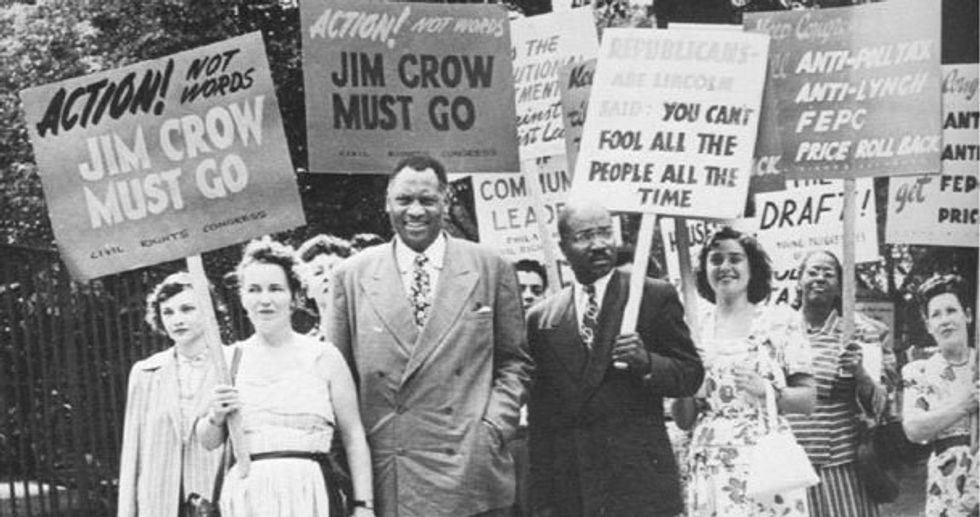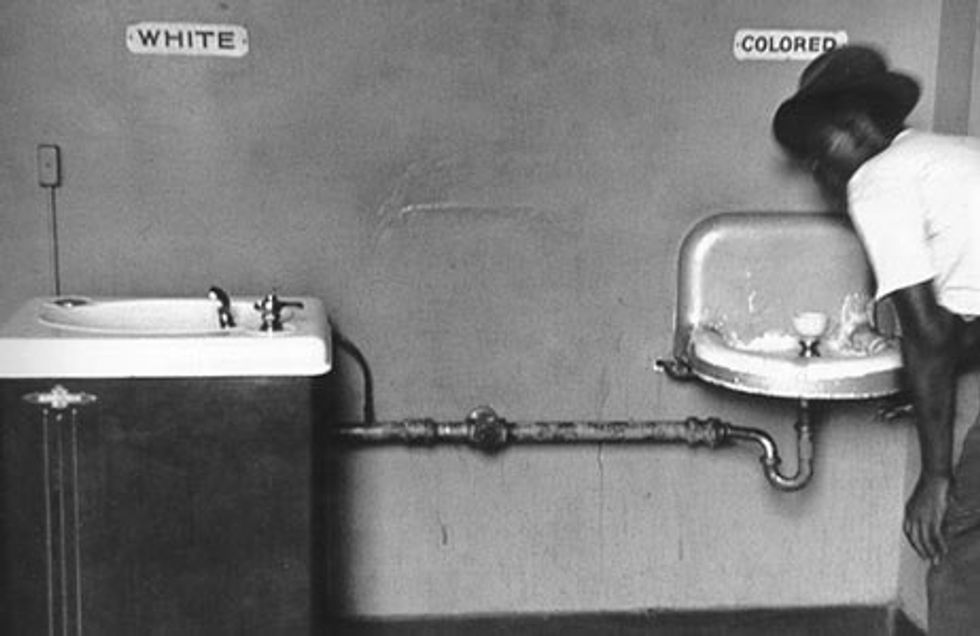The University of South Carolina has seen an influx of presidential candidates this month, and politicians practically begging for my vote is exciting. I’ve never voted in an election, so getting to debate with people and then actually have a say in who gets nominated is almost hard to fathom.
It’s also hard to believe that voting rights in the United States is only 50 years old. Recently, while sitting in my Criminal Justice lecture, my professor said something along the lines of, “It was the 1960s: man had gone into space, but a black person couldn’t vote without being beaten up afterwards.” It wasn’t until then that I realized that civil rights was still a baby.
If women’s suffrage is considered relatively new, then minorities’ voting rights haven’t even been brought out of the package yet. Most of our parents were born before voting laws were regulated. The Voting Rights Act of 1965 was passed on August 6, 1965, making its 50th birthday a little over a month and a half ago. Remembering the history of civil rights, especially when in one year most college students will be casting their vote for president for the first time, is essential to understanding the rights we have today.
1869: The 15th Amendment is passed, which gave African-American men the right to vote. Still, Jim Crow laws, poverty, and general fear of retaliating kept black men from utilizing this right.
1896: “Grandfather” clauses are enacted, which meant that former slaves and any of their descendants were kept from registering to vote.
Other Jim Crow laws included literacy tests, as many blacks were not able to go to school. They were also charged “poll taxes” which were impossible to pay due to job discrimination.
1940: Only three percent of eligible black males are registered to vote in the American South.
1964: The Civil Rights Act of 1964 is passed, which barred states from using poll taxes and began the integration process.
1970 and 1975: Extensions of the Voting Rights Acts are signed, as some reluctant southern states still discriminate during elections.
1972: The first black Congressmen and women are voted into office since Reconstruction.
In 2008, Barack Obama was elected and became the first person of color to be president, to which many of his conservative adversaries like to say, “So what?” So what is that less than 50 years earlier than 2008, a black president was only a dream.
To put it in perspective, my grandmother was born in 1952. It wasn’t until she was 13-years-old that black people could even use the same water fountains as white people. John F. Kennedy was assassinated and Jackie Kennedy was popularizing Chanel and Lilly Pulitzer before blacks and whites could shop in the same stores. My own southern high school was not integrated until 1978, when my parents were eight-years-old.
In this new generation, generally unaffected by extreme racism and violations of basic rights, we forget the importance of utilizing all of the rights that so many people before them fought for. One day, the infantile idea of voting equality will grow into an adult concept. It is our job to maintain the integrity and certainty of democracy.
You can register to vote this election by visiting your local voter registration office or DMV, or registering online through your state’s database.
























